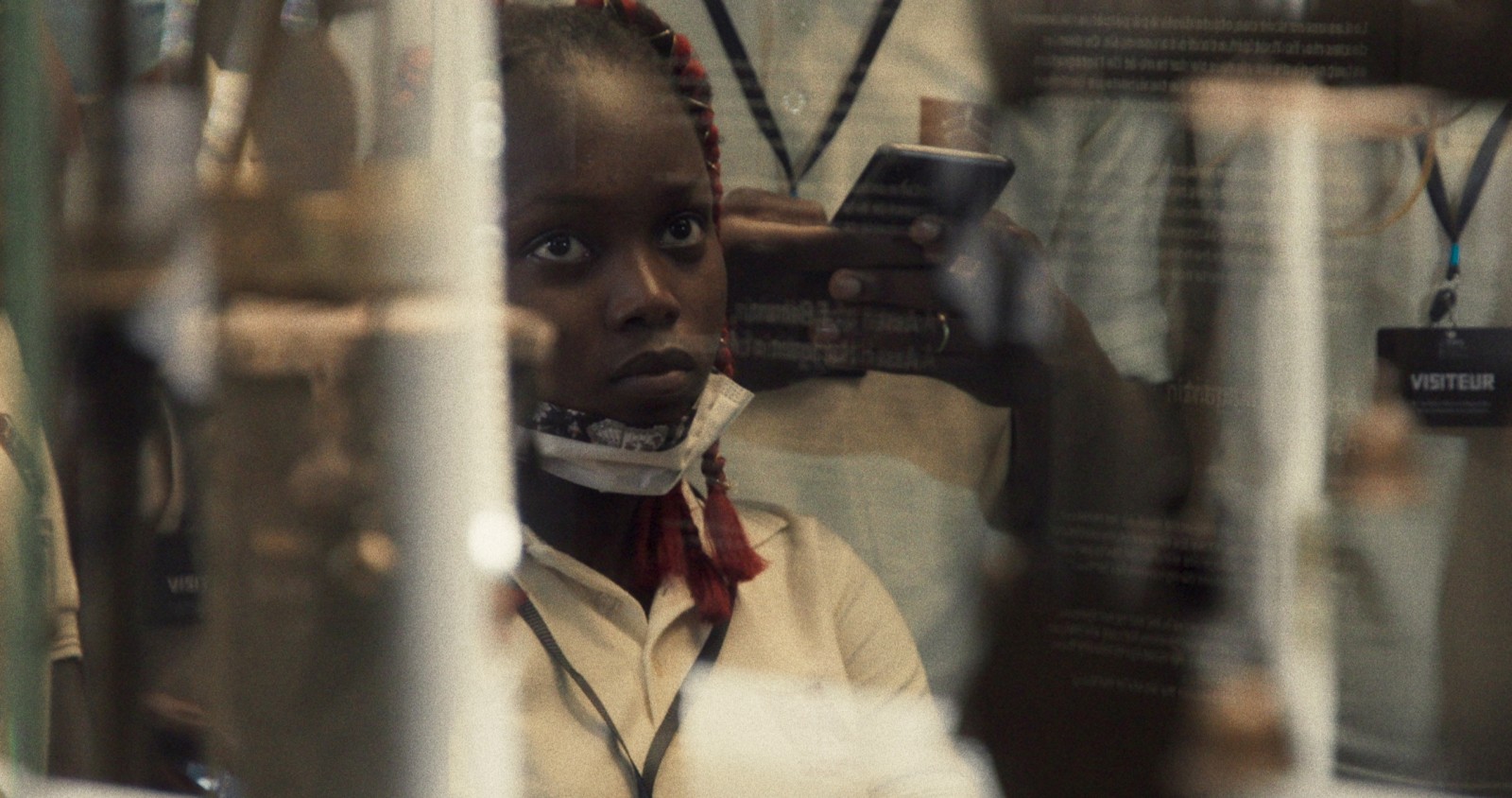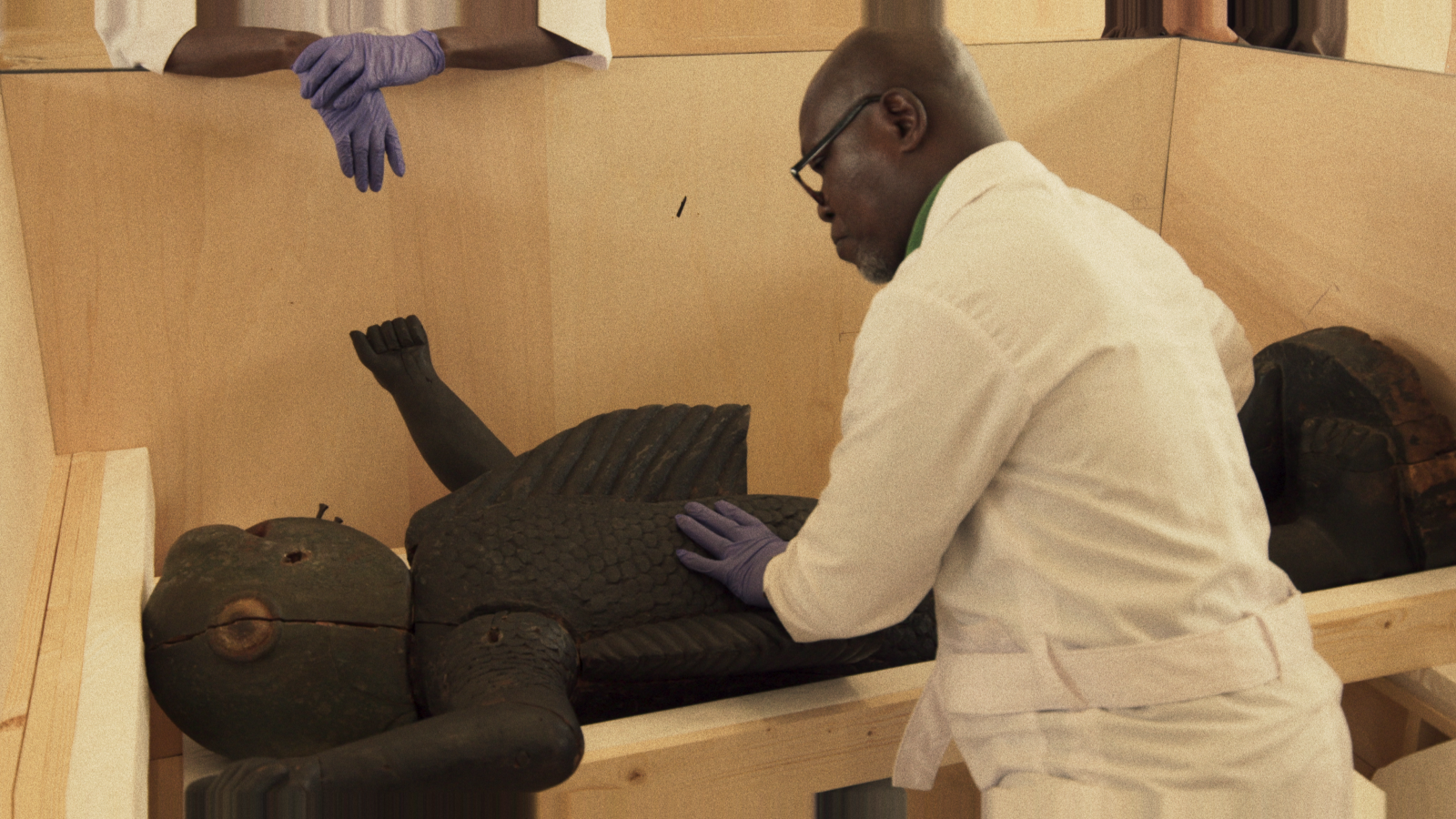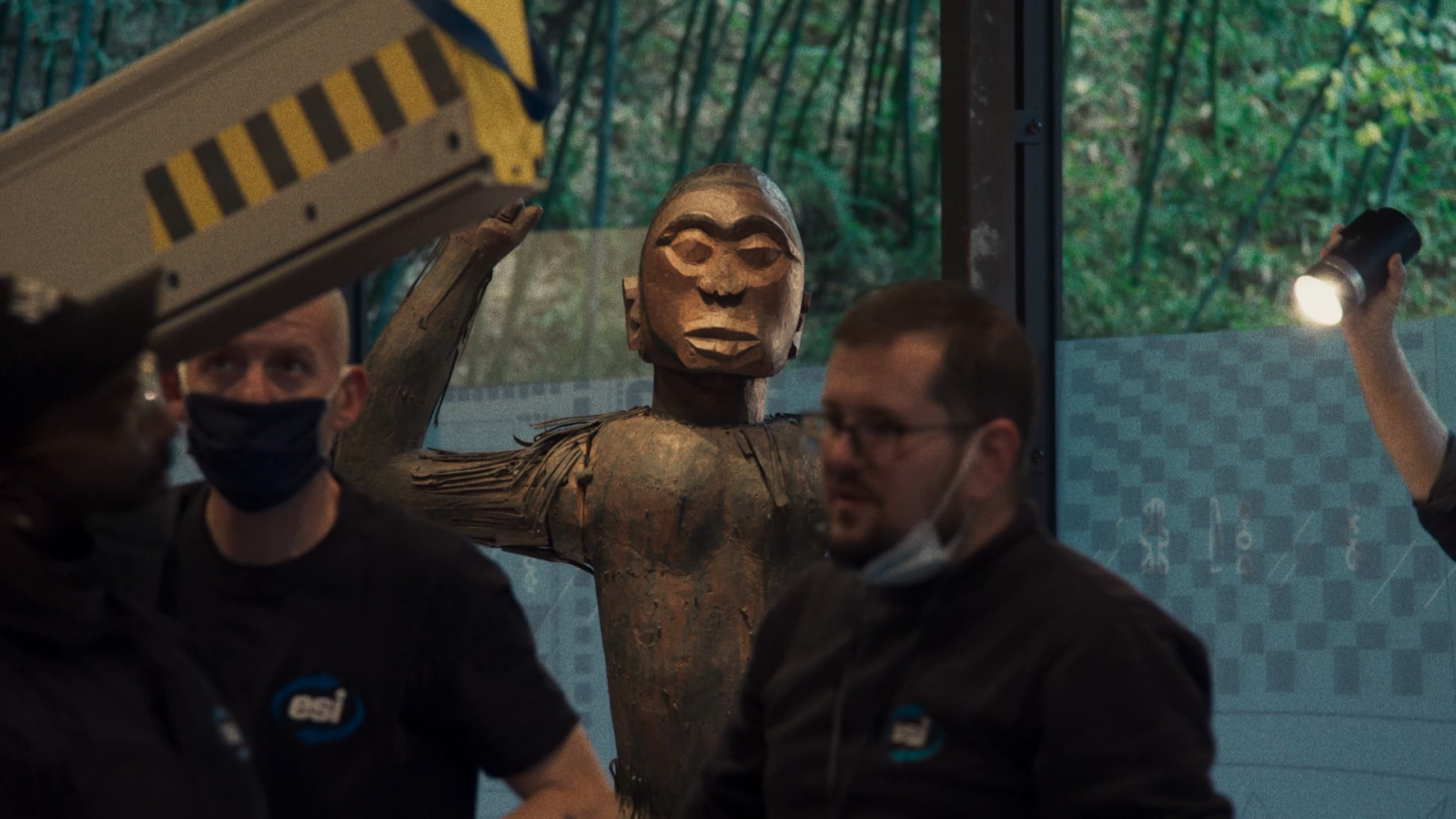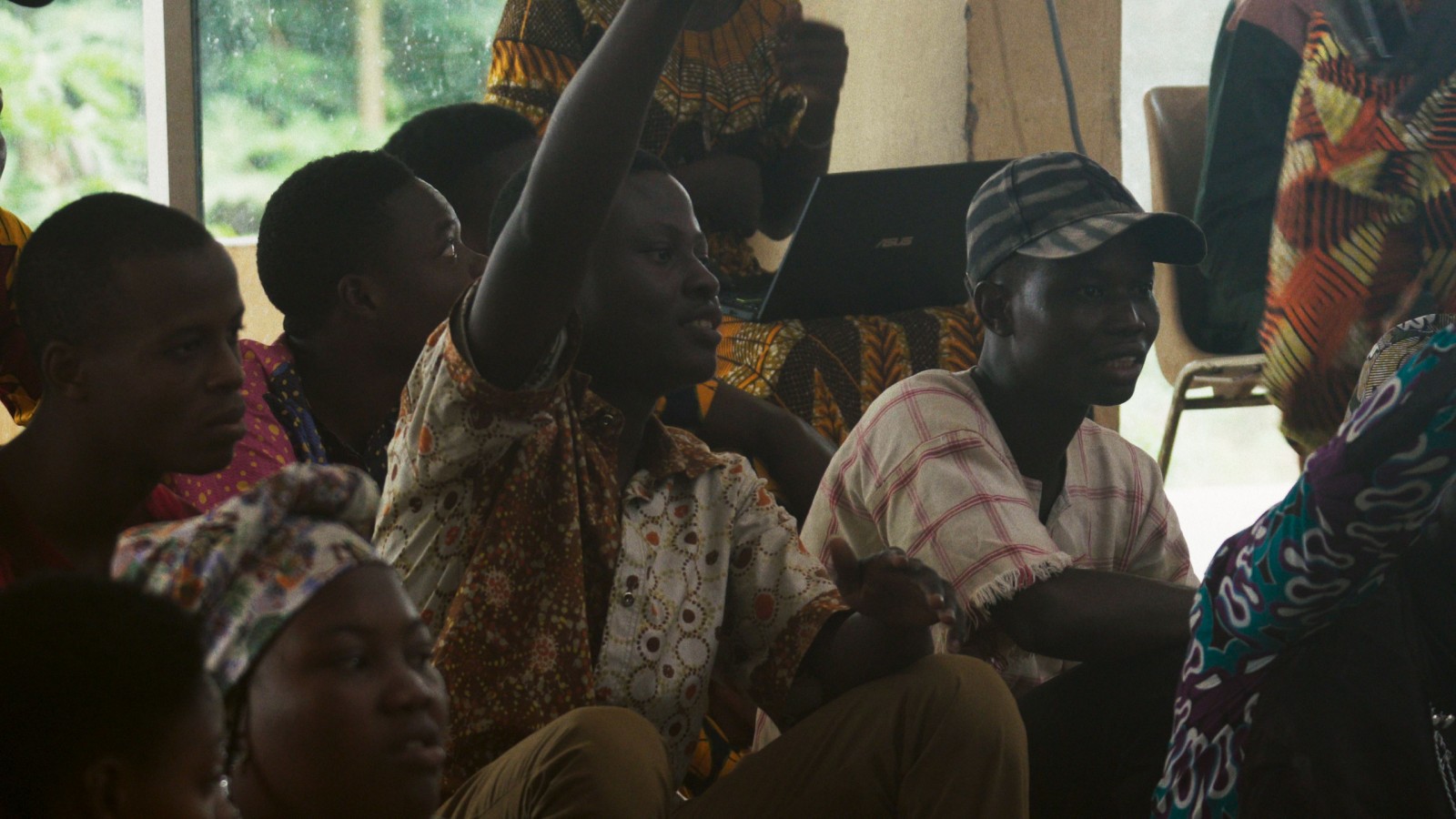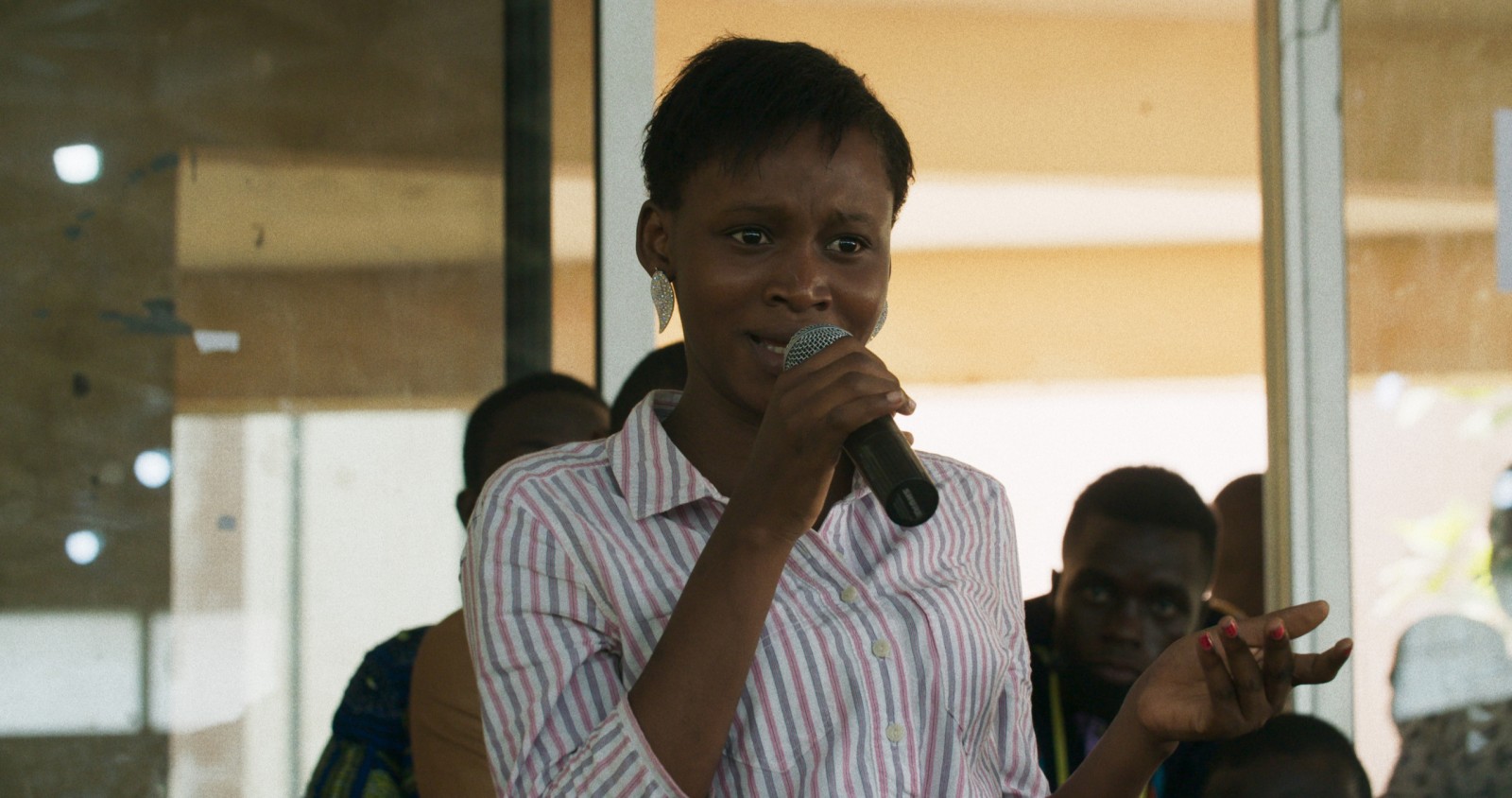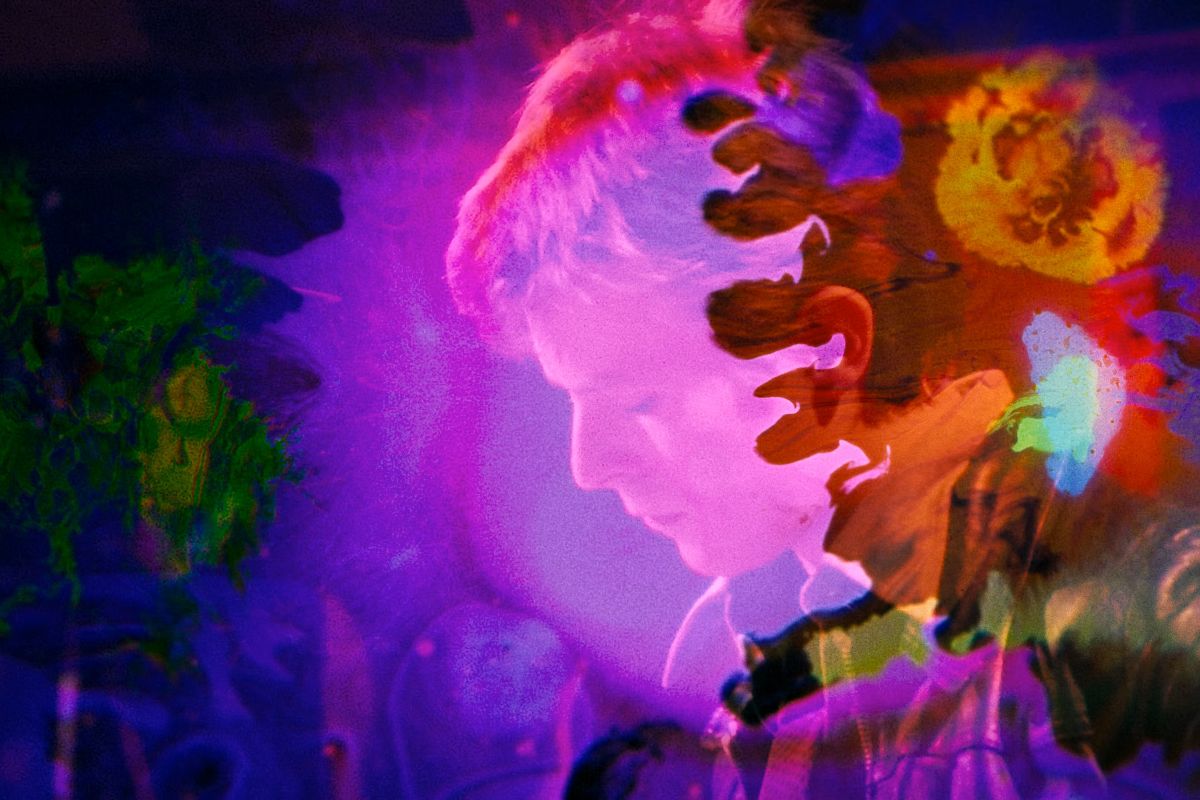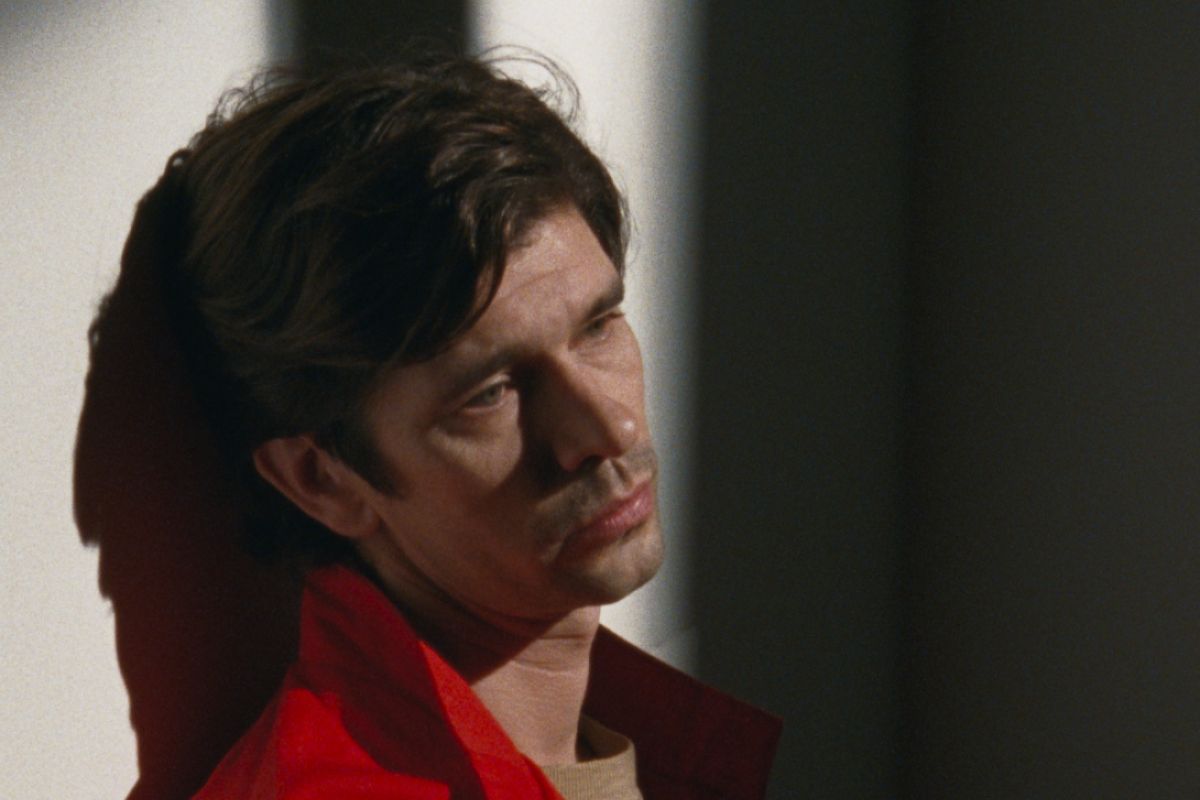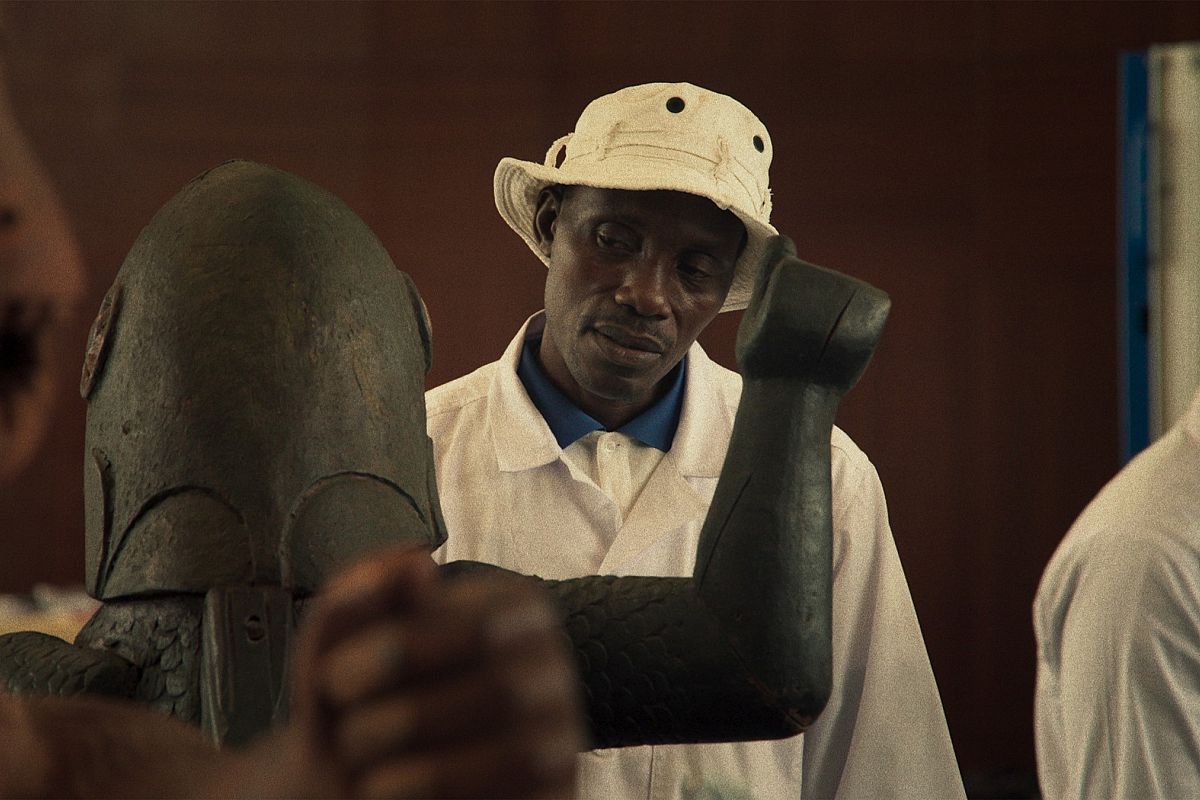
Zola Marcelle's response to Dahomey
Marcelle's thoughts and feelings brought to the surface by Mati Diop's new award-winning film.
Zola Marcelle
You are aware, if you are present, that you don’t just exist as human flesh. Your entire life-system works in tandem with the unseen. You dream when you’re asleep: visions grander than your imagination take over. You dream when you’re awake: summoned by the other world whilst your eyes are fixed on a wall. You live across realms. You eat food from the ground and it feeds your perception. You drink wine from a tree and it illuminates your fears. Your anatomy is here and now, but your soul is a collection of the blood of bodies before you, of spiritual codes passed down to you and stories you have become. If all of this is understood, then what you see taking place in Dahomey is not documentary, it’s cultural revolution. An attempt at spiritual reconnection.
And yet, with what seems like progress, I realise it’s not that simple. As we follow the journey of treasures looted from (then) Dahomey return from a Parisian museum, there’s a stalking duality ever-present throughout the film's journey. An eeriness with celebration.
These emotions are particularly resonant for me who walked three stories down into a dark, clinical basement at Manchester Museum only to find my mothers and fathers locked in cupboards as though corpses in a tomb. I didn’t realise that I would be attending a burial site for a people who were not dead - they were just in an induced coma, hidden from their tribesmen. I could unquestionably hear their voices in the room the same way Dahomey records them.
Mati Diop secretively shows us the preparation of King Ghezo’s statue return to the Kingdom of Benin. There are workmen handling Ghezo, objects in the way, empty, hollow space and only sounds of mechanics. Whilst it’s clear that this manoeuvre requires care, there's a disengagement and quiet flippancy that perhaps acts as a mirror of how these treasures were viewed in history: as background noise, meaningless objects worthy of nothing more than kidnapping and gawking at. That alone - that undeveloped, primitive viewpoint still lingers in the corridors of almost all museum floors, including this one. I can feel it. And just as sombrely as I feel the motion of King Ghezo's return, that duality sets in...
Celebration songs, colourful expressions and jubilant horns of Benin reintroduce me to the beauty of the African. The way she sings effortlessly. The way she co-ordinates her movement, her rituals, her people. There is order in her reasoning, understanding in her spirituality, and a muted dissonance in her mind. An almost identical dissonance lives in Africa’s diaspora, in me.
As a Bantu woman born in Zimbabwe to Shona and Sotho parents, there are symbolic objects I can point to of Basotho. There are none I've known of of Shonas until now. In fact, I only found out what our designs looked like six months ago in a basement. In England.
What has always been striking for Shona people particularly is that any evidence of our dress and culture-materials have no traces. The raid against information was extremely vicious for us. So, when I contemplate what would happen if, suddenly, the British Museum decided it was time to ship attire we knew nothing of all along, how that would feel.
And I hear this same question in the open conversation Diop brings us into amongst the locals. It is apparent that there is a myriad of feelings to work through. I suspect that we share ends of the same stick as diaspora's and locals: if I am an African in Africa, apparently I should have a sense of gratitude for this return, except...am I meant to clap for the thief’s (suspicious) 'benevolence'? Or indeed as a diaspora, it’s great(!) that I have access to my history’s proof but…am I supposed to thank Mary Smith for 'collecting' my heritage and ‘donating’ it to a building in Oxford? The eye-rolls are heavy.
Like the locals, the questions linger in my mind. However, there is also a reality far more important to dance with here, which is this: the genius of the African peoples is eternal, genetic. The African's oneness with earth, design and architecture is permanent and timeless. The African's sophisticated technology doesn’t run empty and as a daughter of the (very rich) soil, my creativity and innovation is infinitely more powerful than atrocity.
What may be held in the basements of the West cannot contain the evolving spirit of the African.
About Zola Marcelle
Zola Marcelle is a Bantu/UK artist committed to beauty, culture and music as a vehicle for contemplation, representation and forward motion. Zola Marcelle is on the precipice of her ascension as a musical innovator. With 3 EPs under her belt and a melee of jazz and electro-soul, Zola prepares to release her Shona, Sotho and English album ‘Home’ in 2025 under the inimitable Jazz Re:Freshed label.
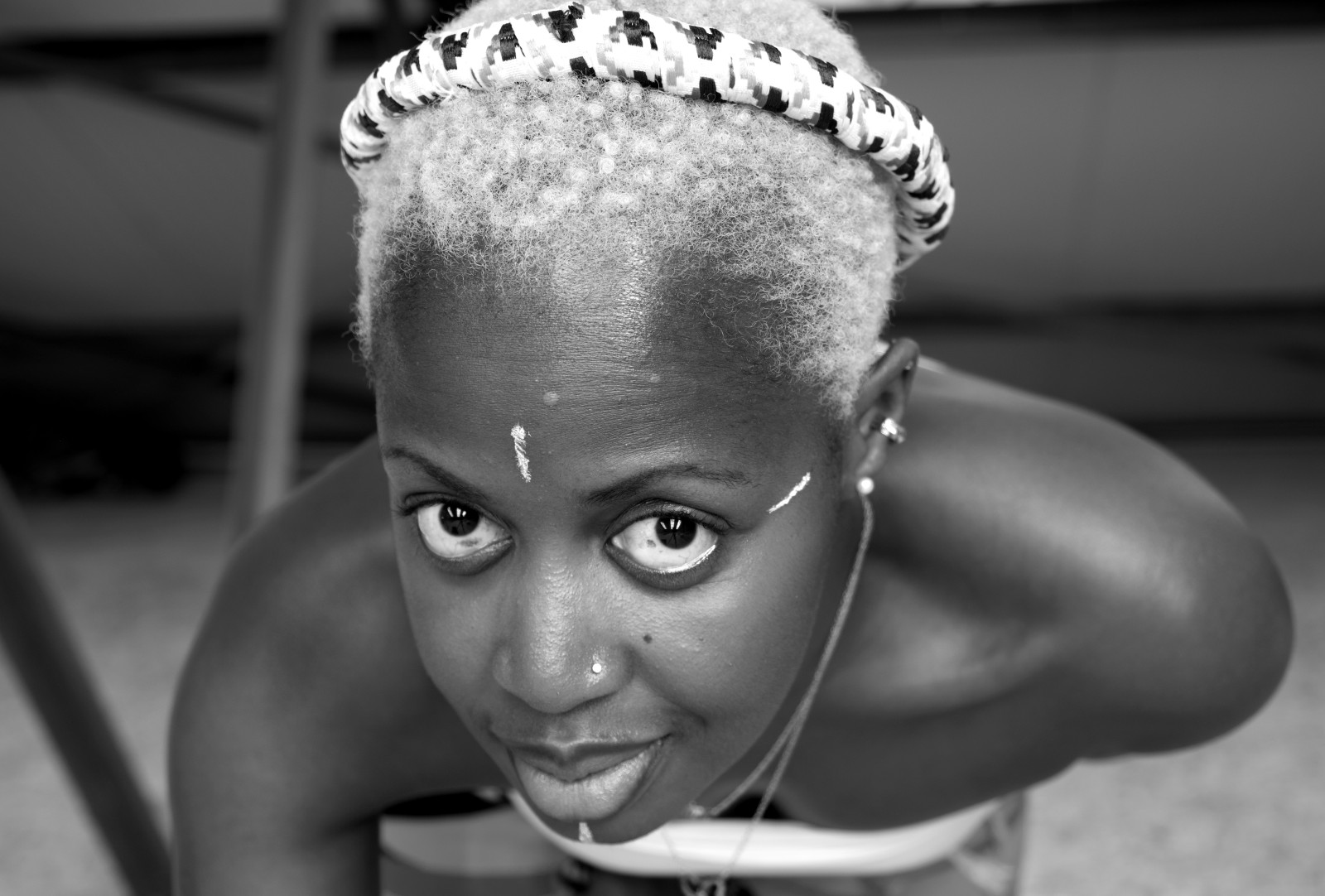
Dahomey is showing at HPPH daily from Fri 25 October. You can book tickets here.
